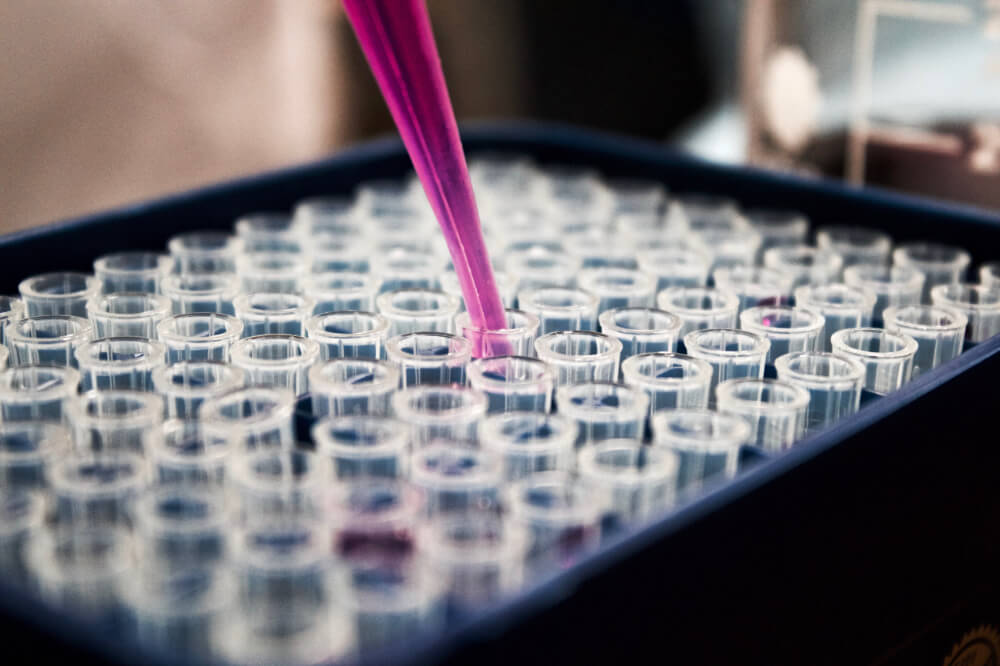How are lysosomal diseases diagnosed?
The diagnostic process is based on 4 pillars:
- Detection of enzyme deficiency or defects in another protein.
- Which substance is enriched? - Biomarkers.
- Which clinical symptoms and findings explain the suspicion?
- What genetic changes cause the disease?


